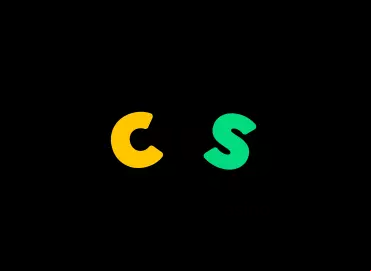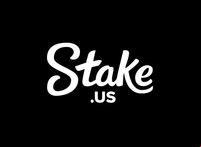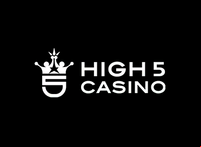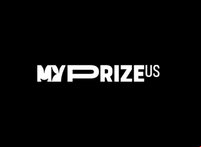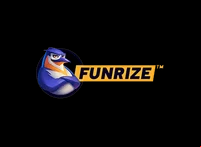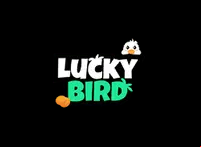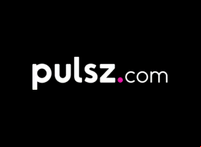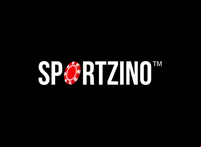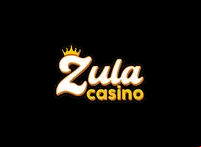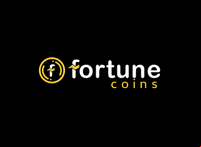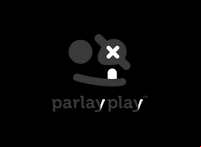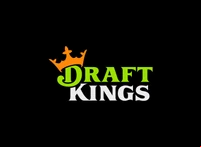
As known from:
US
- USA
- Arizona
- California
- Colorado
- Connecticut
- Florida
- Georgia
- Idaho
- Illinois
- Indiana
- Iowa
- Kansas
- Kentucky
- Louisiana
- Maryland
- Massachusetts
- Michigan
- Mississippi
- New Jersey
- New York
- North Carolina
- Ohio
- Pennsylvania
- Tennessee
- Texas
- Vermont
- Virginia
- The wetten.casinowinning.net US Team
- How We Rate at wetten.casinowinning.net US
- Responsible Gambling
- us
- Writers wanted
- Content Disclaimer
- Disclosure
- States
- Online Gambling AZ
- Online Gambling CO
- Online Gambling IA
- Online Gambling IL
- Online Gambling IN
- Online Gambling LA
- Online Gambling MD
- Online Gambling MI
- Online Gambling NJ
- Online Gambling NV
- Online Gambling NY
- Best NY Betting Sites
- Best NY Sports Betting Bonus
- Buffalo Bills Sportsbook Promo Codes
- New York Islanders Sportsbook Promo Codes
- New York Rangers Sportsbook Promo Codes
- Buffalo Sabres Sportsbook Promo Codes
- New York Jets Sportsbook Promo Codes
- New York Knicks Sportsbook Promo Codes
- Brooklyn Nets Sportsbook Promo Codes
- New York Giants Sportsbook Promo Codes
- Online Gambling PA
- Best PA Betting Sites
- Best PA Sports Betting Bonus
- Philadelphia Eagles Sportsbook Promo Codes
- Philadelphia 76ers Sportsbook Promo Codes
- Pittsburgh Penguins Sportsbook Promo Codes
- Pittsburgh Steelers Sportsbook Promo Codes
- Philadelphia Flyers Sportsbook Promo Codes
- Best PA Online Casino
- Best PA Online Casino Bonus
- Best PA Online Casino No Deposit Bonus
- Online Gambling TN
- Online Gambling VA
- Online Gambling WV
- Casino Slot Payouts By State
- Gambling Taxes By State
- Sports
- Promos
-
-
-
Top Casino Offers
-
-
-
Top Social Bonuses
-
-
- US Casinos
-
-
Best US Online Casinos
-
01.Real Prize Review US
![Real Prize]()
-
02.CrownCoinsCasino Review US
![CrownCoinsCasino]()
-
03.Stake.us Review US
![Stake.us]()
-
04.Jackpota Review US
![Jackpota]()
-
05.McLuck Review US
![McLuck]()
-
06.High5Casino Review US
![High5Casino]()
-
07.MegaBonanza Review US
![MegaBonanza]()
-
08.MyPrize US Review US
![MyPrize US]()
-
09.Wow Vegas Review US
![Wow Vegas]()
-
10.PlayFame Review US
![PlayFame]()
-
11.Funrize Review US
![Funrize]()
-
12.The Money Factory Review US
![The Money Factory]()
-
13.Hello Millions Review US
![Hello Millions]()
-
14.LuckyBird Review US
![LuckyBird]()
-
15.Pulsz.com Review US
![Pulsz.com]()
-
16.Pulszbingo.com Review US
![Pulszbingo.com]()
-
17.Vegas Gems Review US
![Vegas Gems]()
-
18.Sportzino Review US
![Sportzino]()
-
19.Zula Casino Review US
![Zula Casino]()
-
20.Fortune Coins Review US
![Fortune Coins]()
-
-
-
- Online Gambling Games
- Casino Games
- Slots with Real Money
- Best Slots to Play in 2025
- Blackjack
- Roulette
- Baccarat
- Craps
- Table Games
-
- List of Social Casinos
-
-
Top 10 Social Casinos in USA
-
-
-
Top 20 Social Casinos in USA
-
-
- US Social Casinos
- New Social Casinos US 2025
- Social Casino Apps
- Social Casino Games Real Money
- Social Casinos With Real Money
- Free2Play Casinos
- Free2Play Casinos USA
- Free Online Casinos with Cash Prizes
- Free Online Casino to win Real Money
- Free to Play Casino Games
- Free Slots Games (No )
- Free to Play Slots Real Money
-
- DFS
-
-
Best DFS Sports Sites
-
-
- Tools
- Betting Odds
- Odds Comparison
- Football Odds Comparison
- UFC Odds Comparison
- Tennis Odds Comparison
- Baseball Odds Comparison
- Basketball Odds Comparison
- Sports Betting Calculator
- Betting Calculator
- Parlay Calculator
- Odds Calculator
- Spread to Moneyline Calculator
- Arbitrage Surebets Calculator
- Top Picks & Betting Tips
- Betting Tips
- Soccer Betting Tips
- Football Betting Tips
- Baseball Betting Tips
- Basketball Betting Tips
- MMA Betting Tips
- Tennis Betting Tips
- Golf Betting Tips
- NHL Betting Tips
- Payment Methods
-
- Casino
- Casino Payment Methods
- Fast Withdrawal Casino
- Online Casinos That Accept Venmo
- Apple Pay Casinos
- Best Cash Cage Casinos
- Best Online Casinos With ACH Payments
- Best Online Casinos with Bank Transfer
- Best PayNearMe Online Casinos
- Best Play+ Online Casinos
- Best Skrill Online Casinos
- Online Casinos with Credit Cards
- Online Casinos with Debit Cards
- Online Casinos with Mastercard
- Online Casinos with Visa
- Best PayPal Casinos
- Best VIP Preferred Online Casinos
- Online Casinos with Discover Card Payments
-
- Betting
- Sportsbook Payment Methods
- Fast Withdrawal Betting Sites
- Casinos That Accept Prepaid Visa Cards
- Betting Sites That Accept Venmo
- Betting Sites With Apple Pay
- Betting Sites That Accept Paypal
- Betting Sites That Accept Debit Cards
- Betting Sites That Accept Amex
- Betting Sites With Online Bank Transfer
- Best Cash Cage Sportsbooks
- Best Discover Card Betting Sites
- Online Betting Sites With ACH Payments
- Best Paynearme Betting Sites
- Best Play+ Betting Sites
- Best Skrill Betting Sites
- Betting Sites You Can Pay by Mobile Phone Bill
- Sports Betting Sites That Accept Mastercard
- Sports Betting Sites That Accept Paysafecard
- Sports Betting Sites That Accept Visa
- Best VIP Preferred Betting Sites
-
- Online Gambling Guides
-


